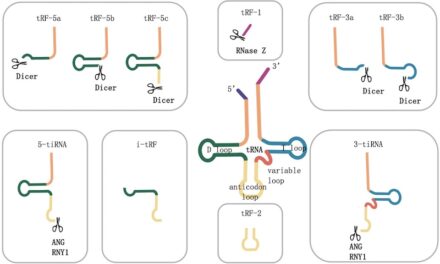Institut de Cancérologie de Lorraine (ICL) has developed a blood-based diagnostic test for cervical cancers linked to the human papillomavirus (HPV), and has begun conducting clinical trials of the test. In particular, the test should help to facilitate the diagnosis of cervical cancers and other cancers linked to HPV, at either the initial or relapse stage of the invasive tumor.
With more than 3,000 new cases each year, cervical cancer is the 12th most common cancer affecting women in France. This cancer is associated with cancer-causing types of HPV, most commonly transmitted through sexual intercourse. The same HPV genotypes are also responsible for certain head and neck (ENT) cancers, anal cancers, and half of all vulval cancers.
Screening of precancerous lesions through regular smear tests and vaccination of young girls against the main types of HPV help to prevent the growth of cervical cancers. However, the success of screening largely depends on women attending their gynecological check-ups and on the availability of screening.
The new blood test was developed in the ICL laboratories, in partnership with the Institut Curie Research Center, by a team led by Xavier Sastre-Garau, MD, an anatomical pathologist at ICL. The team expects that its simple blood test may make it possible to diagnose HPV-related cervical cancers.
ICL and Laboratoire Cerba have joined forces to validate the test through a prospective study. The study will also focus on people presenting with cancer that is potentially linked to any type of HPV, including head and neck cancers, and anogenital cancers. The prospective study will help to define the sensitivity and the specificity of the new test, and the results are expected in 2017.
The test does not seek to replace clinical examination but it will help to facilitate the diagnosis of invasive cancers at an early stage and, in case of relapse, to predict patient management. It also represents the prospect of progress in countries where screening is not widespread and where the illness is most commonly discovered at an advanced invasive stage. In that respect, an extension of the study to a population of African women should be implemented soon.
The test may enable the detection of relapses at a subclinical stage, and therefore allow for an improved prognosis thanks to the early introduction of a specific treatment.
For more information, visit Institut de Cancérologie de Lorraine or Laboratoire Cerba



